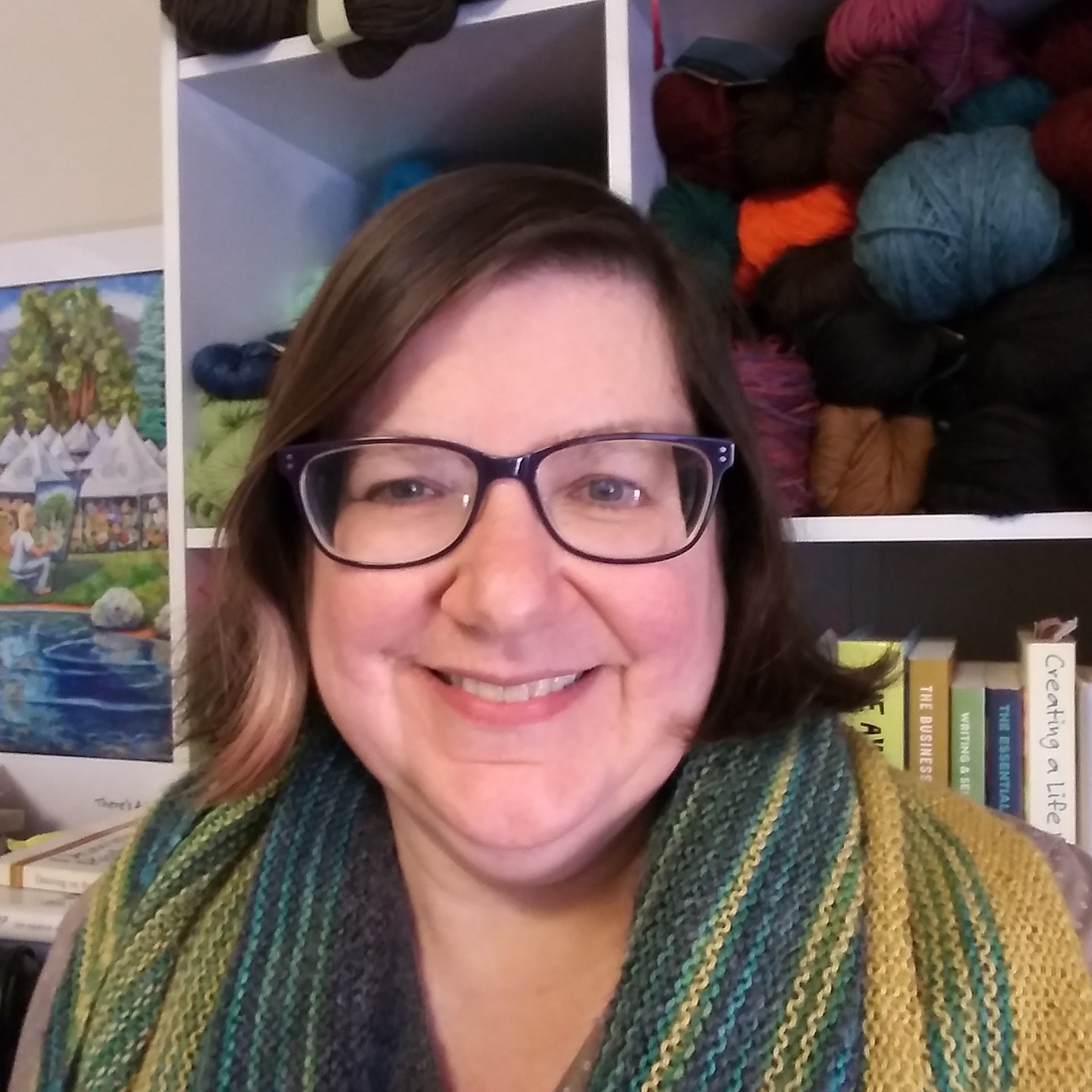At a Glance:
- 41.3% of surveyed U.S. adults read before bed.
- On average, adults read for 36 minutes before bed.
- Adults read before bed 4.3 nights each week.
- Older adults tend to read more often but for less time than younger adults.
- 61.2% of bedtime readers do so on a cellphone, the most popular platform, with 42.1% preferring print books.
Joanne Palmer likes to end her day by losing herself in a good book before bed. Reading before bed also helps the 68-year-old freelance writer and substitute teacher from Grand Junction, Colorado, fall asleep.
“Once my mind is free from worries, I’m able to turn out the light and drift off to sleep,” she says.
Reading has many benefits, including strengthening your mind and vocabulary, improving focus and general knowledge, and possibly helping you live longer. One recent study even found that reading a book in bed improves our sleep quality.
According to a February 2023 survey of U.S. adults commissioned by The Sleep Doctor, 41.3% of U.S. adults read as part of their bedtime routine. Those who do average 36 minutes of reading time each night and read more than four nights each week.
Overall results show sleep quantity is the same for people who read versus people who don’t read before bed. But bedtime readers are 15.1% more likely to rate their sleep quality as “excellent” than non-readers are. And the 9.9% of adults who read before bed every night gain 28 minutes of sleep each week over the average person.
So who are these people who’ve discovered a hack to gain nearly a half-hour of sleep every week? And what can we learn from them to help all of us on our trip through dreamland?
Who’s Reading Before Bed?
All age groups in the survey read at least three nights a week, on average, with 18-to-24-year-olds reading the least, at 3.4 nights per week. The older the age group, the higher its frequency for reading before bed. Adults ages 55 and older read the most, at 4.9 nights per week.
That age group, however, also spent the least amount of time reading before bed, at 30 minutes.
The results were otherwise universal: Single people read just about as much and as long before bed as married people, and parents read just about as much as non-parents. Some 10.5% of parents did report reading aloud to another member of the household, however, compared to 4.8% of non-parents.
Does Reading Help You Fall Asleep?
One place where bedtime readers differed from non-readers was in terms of sleep-onset latency, or the time it takes us to fall asleep. Among survey respondents, 39.8% of non-readers fall asleep within the normal 20 minutes, compared to 33.3% of bedtime readers.
A potential reason: Readers may have a nose in a book or tablet in that time.
What you read before bed makes a difference in helping you fall asleep faster, experts say.
“Make sure the content you’re reading is enjoyable and calming to you, not mentally stimulating or too interesting that you can’t put the book down,” says Sarah Silverman, Psy.D., a licensed psychologist and holistic sleep wellness consultant who treats patients in New York and Florida.
The best results happen when your reading material relaxes you, says Dr. Michael J. Breus, Ph.D., of The Sleep Doctor. He recommends fiction: “With fiction, you are not being introspective or using a lot of brainpower, so it can be more relaxing. With nonfiction, the experience can feel more reflective and alert."
A calm state of mind puts your nervous system in a resting state, priming it for sleep.
“Reading a favorite book can promote this calming response, which then allows sleep to unfold,” Silverman says. She adds that a storyline can distract your brain from thinking about sleep, allowing sleep to come more easily, she says.
Print vs. Digital: Does It Matter?
So how are we reading before bed? Most often, it's on a cellphone: 61.2% of bedtime readers use it for reading, with print books coming in second at 42.1%. Adults who read using phones or books sleep roughly about the same amount as the overall average and among all age groups.
Tablets came third at 34.5%, with laptops or personal computers netting 17.1%. Some 14.7% of adults read print magazines before bed.
Readers on laptops or personal computers sleep 23 minutes more than the survey average every night. Adults who read magazines before bed gain 19 minutes above average. Comparatively, people who read print books only sleep an extra four minutes a night on average, while cellphone readers add two more minutes a night.
Considering some 50.6% of survey respondents also count social media among their bedtime routines, blue-light exposure may be a big part of our nights. And it can disrupt our sleep. Blue light suppresses melatonin and messes up circadian rhythms, Dr. Breus says.
For these reasons, he's not a fan of reading on a cellphone before bed.
“It’s a terrible idea,” he says. “People exposed to blue light at night tend to have more sleep interruptions and decreased sleep quality.”
Then why do so many folks prefer it and still sleep soundly?
“I think it comes down to the content of what you're reading,” Silverman says. “Whether you’re reading print or on a [digital] screen, the content can either be activating or calming to you. I have seen this with my patients; the act of reading itself as a calming activity before bed far outweighs the mode of delivery.”
For some readers, it’s a matter of convenience. Sarah Gransee, branch services manager at Buncombe County Libraries in North Carolina, says her mother likes a tablet because she can increase the font size without putting on reading glasses.
“That can be helpful for people who are trying to unwind and stay in that relaxed phase,” she says.
In many ways, and with the right approach, adjusting your nighttime sleep routine to include reading material can be beneficial. Just make sure it isn’t too exciting.
Methodology
The survey commissioned by The Sleep Doctor was conducted on the online survey platform Pollfish on Feb. 9 and 10, 2023. Results are from 1,250 survey participants in the United States who were ages 18 and older at the time of the survey. All respondents attested to answering the survey questions truthfully and accurately.
References
Ask the Sleep Doctor
Have questions about sleep? Submit them here! We use your questions to help us decide topics for future articles, videos, and newsletters. We try to answer as many questions as possible. You can also send us an email. Please note, we cannot provide specific medical advice, and always recommend you contact your doctor for any medical matters.







